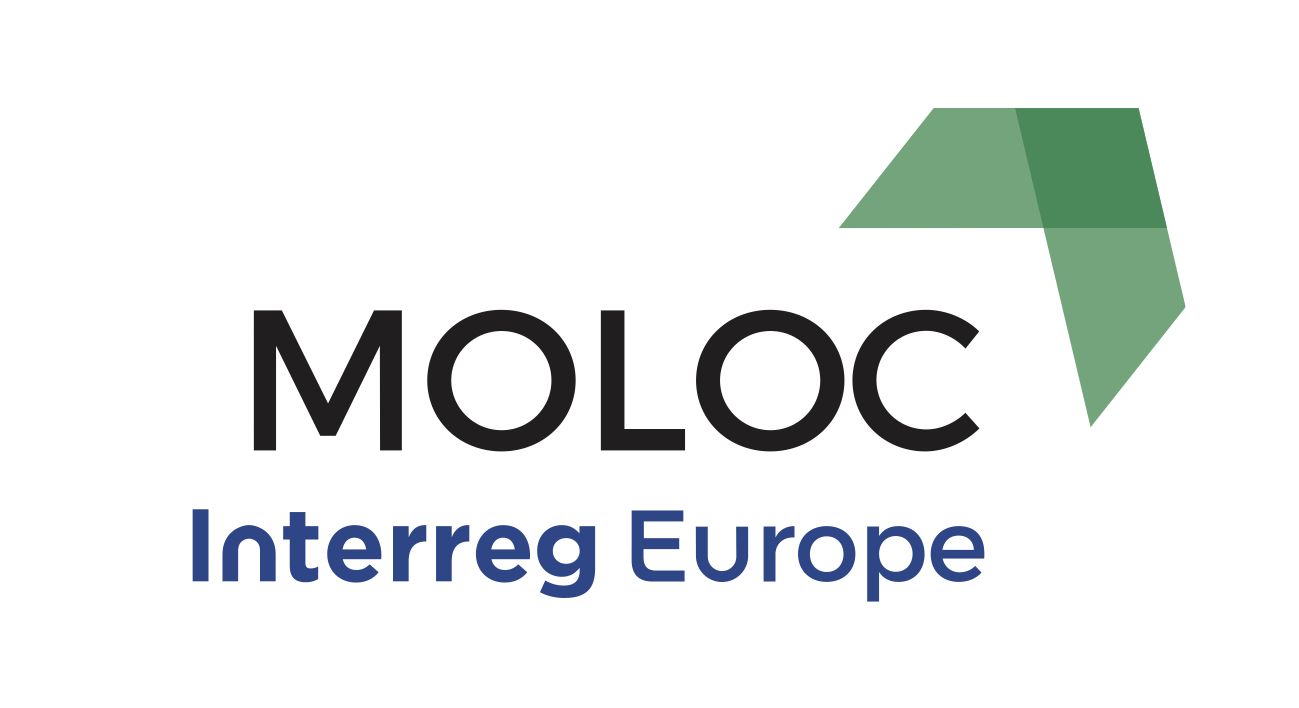MOLOC – Low carbon urban morphology
Designing a new low-carbon urban model

How can we better connect urban planning with energy and climate policies?
As an INTERREG Europe project, MOLOC facilitates transnational exchanges around best local policy instruments. Each of the five pilot cities has chosen a specific policy to be addressed and improved during the project. The challenge chosen by Hamburg, Katowice and Lille focuses on low-carbon economy. Torino is keen on reviewing its General Master Plan, whereas Suceava shares experiences and questions on energy efficiency in buildings. A series of interregional meetings will allow cities to learn from each other’s low-carbon strategies. As well, the organisation of 5 study tours will focus on implementation activities and involvement of local stakeholders.
A comparative analysis will provide an overview of the state of the art in all partner cities. For energy transitioners all over Europe, the final set of recommendations will be useful to shape their action plan and improve local policies.
Energy Cities added value in MOLOC?
Energy Cities acts as advisory partner throughout the project. The network is providing support and assistance to project partners on the exchange of methodologies and know-how. The network is also working on the case studies methodological framework and feeds the overall reflection process during the project.
